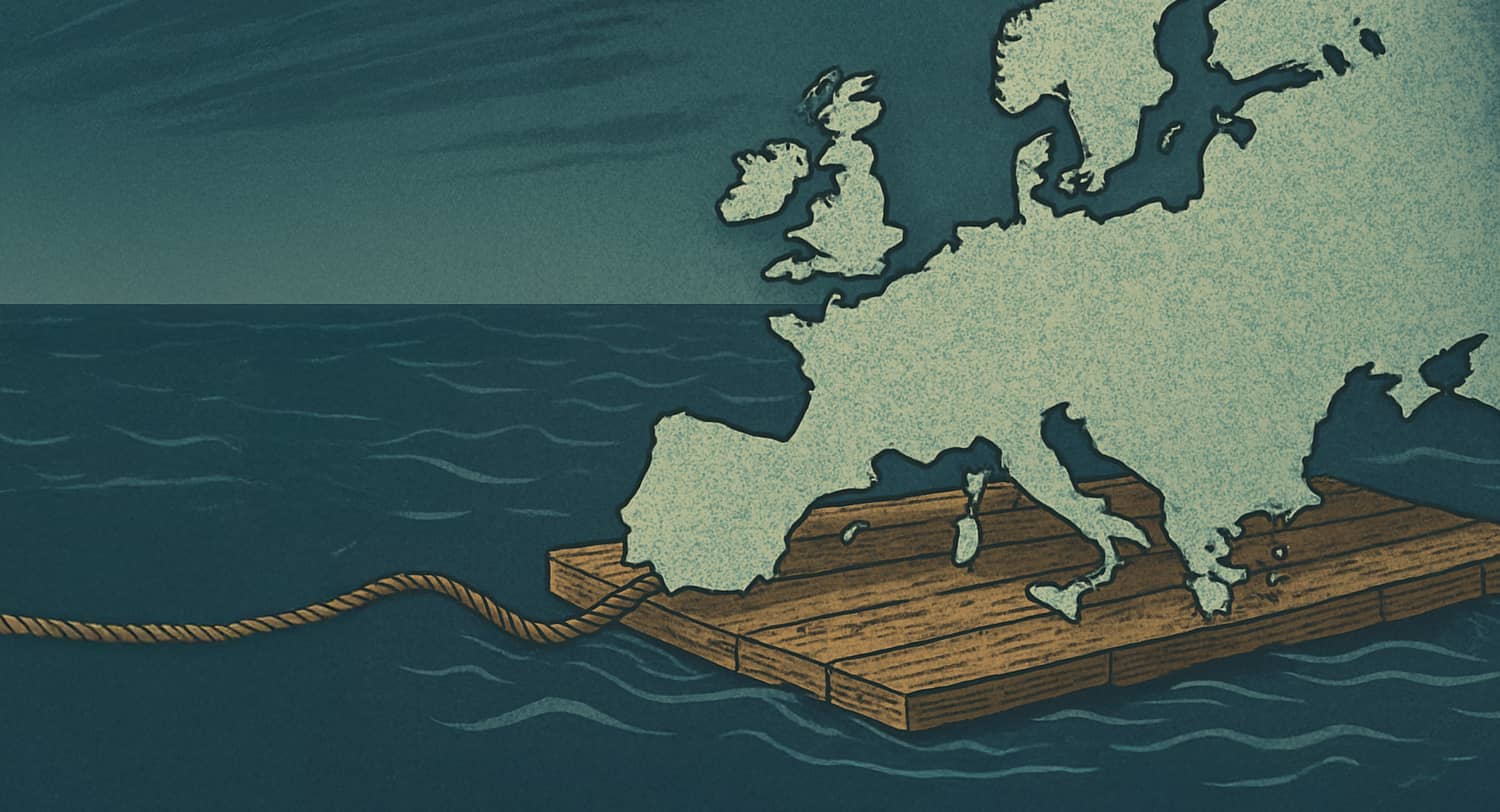Under the Trump administration, which entered office in January 2025, the United States has spurned, or at least attenuated, international democracy promotion, close Euro-Atlantic coordination and direct material support for Ukraine. As a result, there is increasing discussion about Europe’s new role not only in defending Ukraine, but also in dealing with autocracies and other international challenges. European NATO partners should take greater responsibility for their own security (which is a longstanding, bipartisan US demand), but perhaps also work together to address some global issues, from environmental and human rights protection to political and socio-economic development–with less US support than in the past.
“Europe” is a diffuse concept when it comes to foreign, security and defence policy. Despite their close ties and geographical proximity, the European nations have different strategic cultures and geopolitical perspectives. In many European countries, the rise of radical right- and left-wing political parties has led to the extreme polarization of public opinion not only on domestic issues, but partly also on foreign affairs.
The continent’s geostrategic pluralism is leading to incongruent formulations of national interests and varied views on salient cross-border and planetary issues in European capitals. Ideological divides do not just separate the EU from illiberal European states outside the Union, such as Belarus or Serbia. Europe’s current diversity has also led to internal disagreement about the EU’s foreign policy priorities and goals.
How Can Democracies Defend Themselves?
In parallel, the challenges and risks to global democracy and freedom are only increasing. Today more than ever, the EU is needed to establish a common European foreign policy – in a similar way that the EU determines European trade policies. To fulfil this task, EU member states would have either to return to their former relative normative consensus or to adopt a new Treaty on European Union with stronger supranational powers for Brussels – or, in a best-case scenario, to do both. None of this is likely to happen any time soon.
In the absence of geostrategic agreement between EU member states of a new Union treaty, other institutional solutions are needed. One way forward would be to create ad hoc foreign and security policy alliances of like-minded EU member states that join forces to pursue certain goals. The Lisbon Treaty allows for partial cooperation within the Union and thus joint action by groups of like-minded European governments. However, the consensus principle and national veto on fundamental decisions by the EU limit the potential role of the Council, Commission and External Action Service as institutional vehicles for a consolidated foreign policy of committed European democracies.
In any case, intra-European cooperation can only be effective to a limited extent. On their own, European democracies are too weak to assert themselves in global geopolitical, economic or military conflicts. For broader trans-European cooperation, a model of inter-democratic planning and coordination is currently emerging with the Ukraine-related Coalition of the Willing, which has been in preparation since the spring of 2025.
This thus far informal and loose alliance of democracies brings together 33 countries where governments largely agree on general values, national interests and foreign policy goals. NATO and the EU are also participating in the coalition’s meetings. The aforementioned Ukraine coalition includes also countries that are European but not EU member states, such as the United Kingdom and Norway, and countries far from Europe, such as Australia and Japan. While the CoW is currently only dealing with Ukraine, it could expand its focus to other issues important for the future of democracy across the planet.
New Cold and Hot Wars
Today’s core global conflict revolves more, in Stanford professor Michael McFaul’s terms, around autocracies versus democracies and less around a “clash of civilizations”, as Samuel Huntington put it more than three decades ago. Huntington’s famous thesis does not explain the current cooperation between Christian Orthodox Russia, Islamic fundamentalist Iran and paleo-communist North Korea in the Russian war against Christian Orthodox Ukraine. The composition of the Shanghai Cooperation Organization or the BRICS group does not correspond to Huntington’s scheme of culturally determined international collaboration and conflict. In contrast, the title of McFaul’s just released book, Autocrats vs Democrats: China, Russia, America, and the New Global Disorder, better captures the key dimension of future interstate cooperation and confrontation.
The joint effort by EU and non-EU member states to aid Ukraine within the framework of the Ukraine coalition is therefore no coincidence, but symptomatic. It is part and parcel of a global redrawing of the lines of conflict resulting from growing worldwide opposition between open-access orders, on one side, and limited- or closed-access orders, on the other. This should have institutional implications for the relations between those European and non-European democracies that are interested in defending and promoting liberal values and rules.
Today, autocrats and their diplomats, as well as ideologues such as Aleksandr Dugin, are engaged in establishing and expanding transcontinental state and non-state networks and alliances. Anti-liberal governments, parties and intellectuals from Asia, Europe, the Americas and Africa are increasingly supporting and coordinating with each other. For reasons of self-preservation, pro-democratic European and non-European states, parties and NGOs should do the same. Governments and civil societies in liberal democracies must build more effective and encompassing worldwide coalitions and institutions across geographical and cultural boundaries. For now, however, the EU remains plagued by national contradictions between its member states and structural complications.
The article summarizes a SCEEUS Commentary forthcoming later this month.



